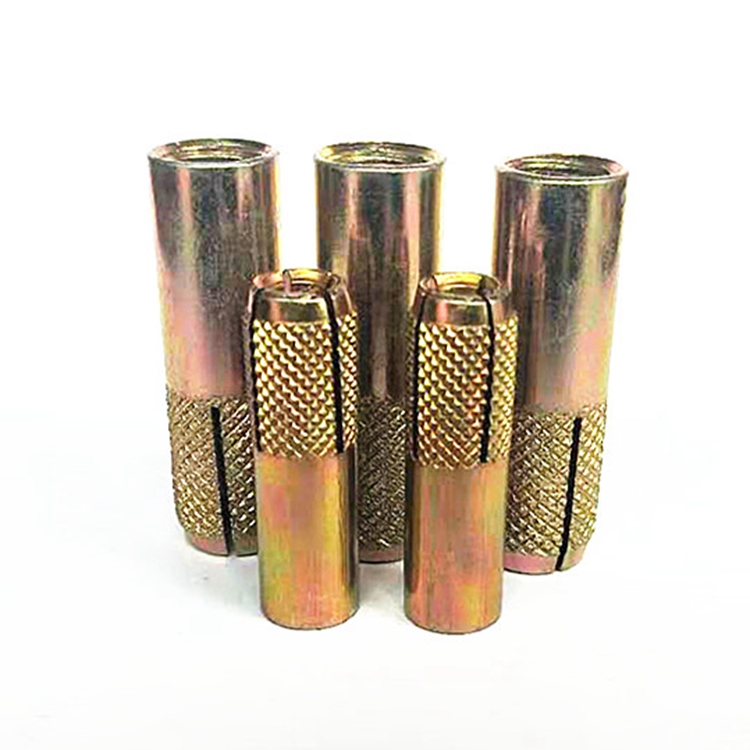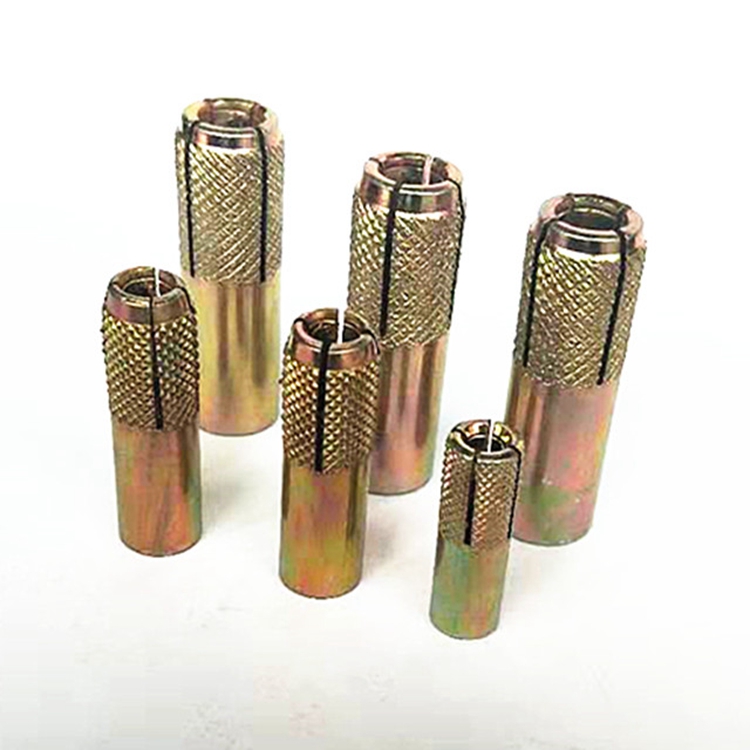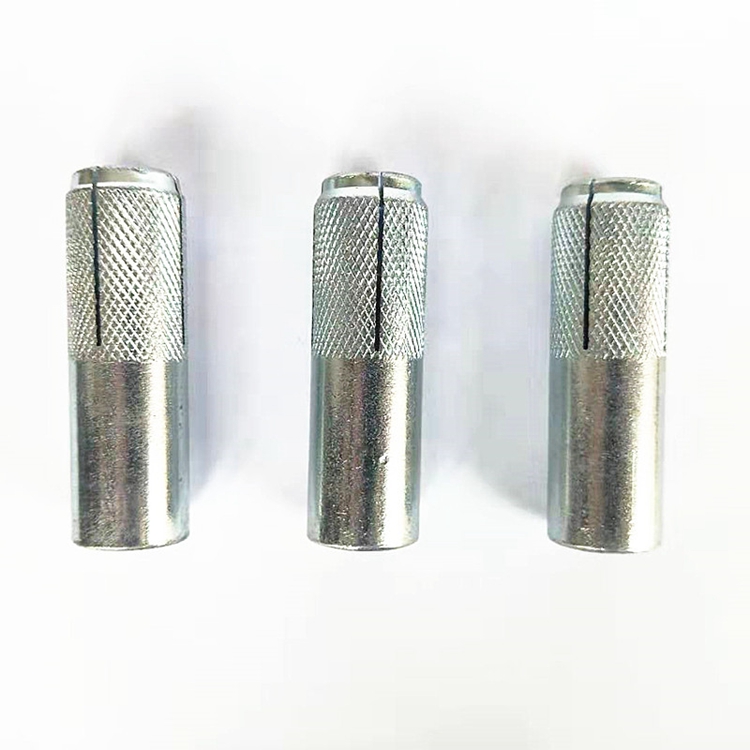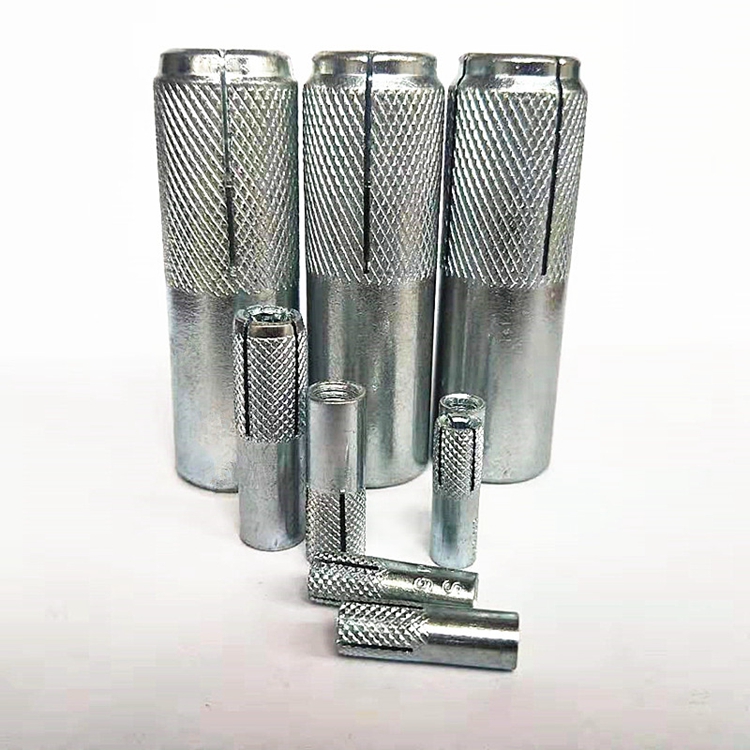Top Spike Wheel Nuts Supplier - High Quality & Custom Options Available
Jul . 29, 2025 23:40 Back to list
Top Spike Wheel Nuts Supplier - High Quality & Custom Options Available
As transportation and industrial technologies evolve, the demand for high-performance, reliable wheel fastening solutions has never been greater. Spike wheel nuts—with their robust machining, striking design, and customizable features—have become a critical component across automotive, heavy equipment, and custom vehicle markets. This comprehensive analysis dives into the world of spike wheel nuts supplier, comparing global suppliers and manufacturers, exploring manufacturing details, technical highlights, application cases, and customization options.
Explore DROP-IN ANCHORS
Explore DROP-IN ANCHORS

Precision spike wheel nuts from a leading supplier for performance and aesthetics.
Industry Overview and Market Trends — Spike Wheel Nuts Suppliers
- Global Market Value: The spike wheel nuts market was valued at USD 420 million in 2023 (Source: Grand View Research), and is projected to grow at a CAGR of 7.5% through 2030, fueled by rising custom vehicle demand.
- Top Exporting Regions: China, USA, Germany, India, and South Korea are the primary spike wheel nuts exporters.
- Key Application Areas: Heavy-duty trucks, off-road vehicles, performance automobiles, agricultural machinery, and industrial transportation.
- Technical Specifications: Trends show a shift towards high-tensile steel (Class 10.9, 12.9), 6061-T6 aluminum alloy, and surface coatings like zinc, chrome plating, or PVD for enhanced rust resistance and customization.
- Certifications: Demanding adherence to ISO 898-2, ISO 9001, SAE J110/J995 for global supplier approval.

Manufacturers implement stringent QC to meet global standards (ISO9001/SAE J995).
Material & Coating Trends Among Top Spike Wheel Nuts Suppliers (2018-2024)
DROP-IN ANCHORS: Product Introduction & Technical Data
- Product Name: DROP-IN ANCHORS
- Producer: YZ Fastener
- Materials: Carbon Steel, Stainless Steel 304/316, Zinc Alloy
- Diameter Range: M6 – M20, 1/4" – 3/4"
- Length: 25–100mm
- Finish: Zinc Plated, HDG, Ruspert, Plain
- Certifications: ISO 9001:2015, EN 13633, ANSI/ASTM C1513
- Main Applications: Concrete fastening for HVAC, electrical, fire systems, pipeline supports in petrochemical & metallurgy sectors.
- Features: Expansion cone for easy setting, anti-loosening design, high corrosion resistance, load capacity 6–17kN.
Material Preparation
Forging / CNC Turning
Thread Rolling
Heat Treatment
Surface Finishing
100% Inspection & Packing
The DROP-IN ANCHORS production process is crafted to international standards (ISO, ANSI) ensuring unmatched reliability in industrial anchoring systems.

Manufacturing line of drop-in anchors & wheel nuts — forging, machining, and advanced surface finishing zones.
Manufacturing Process Flow - Spike Wheel Nuts Manufacturer
Spike wheel nuts manufacturing encompasses a series of high-precision steps, each critical for achieving performance guarantees required by automotive safety standards.
Bolt-Grade Material Sourcing
Hot Forging / CNC Turning
Precision Threading
Spike Design Machining
Heat Treatment
Surface Finishing
Quality Inspection (ISO9001)
Packaging & Logistic

Automated CNC turning and QC in the spike wheel nuts factory.
- Material Sourcing: Premium (≥10.9 grade) alloy steel or aluminum billets.
- Hot Forging / CNC Machining: Shape formation for optimal strength-to-weight ratio.
- Precision Thread Rolling: Ensures precise fit to automotive OEM standards (ISO 898-2, SAE).
- Design CNC Cutting: Customizable spike profiles and logo marking.
- Heat Treating: Achieves homogeneous hardness throughout nut body (typical Rockwell HRC 32–38).
- Surface Treatment: Zinc, chrome, PVD finishes offer anti-corrosion and optional custom coloring, tested to ≥200h salt spray (ASTM B117).
- Inspection: 100% dimensional and mechanical inspection with laser vision and torque testing, per ISO9001.
- Packaging: Bulk or retail, with full traceability and OEM labelling.
Key spike wheel nuts factories also provide drop-in anchors for construction/industrial clients, using parallel QC processes.
Spike Wheel Nuts Manufacturer: Technical Advantages & Industry Case Studies
- Strength-tested for Performance: Every batch is torque tested to 150% of rated value, in compliance with SAE J995.
- Surface Finishing: PVD/cr3+ chrome passivation delivers >200h salt spray protection for durability in harsh environments.
- Customization: CNC offers shape, length, thread, colors, and laser engraving to OEM/ODM standards.
- Certifications: Major spike wheel nuts companies maintain ISO 9001:2015, IATF16949, and third-party product testing.
- Industry Feedback: “YZ Fastener's spike wheel nuts have withstood 2 years in heavy-haul mining trucks with 0 unit failure.” — Feedback, Eurasian Logistics Ltd (Source: BoltScience Forum).
Application Case 1: Aftermarket Racing Customization
A major Canadian performance car workshop customized 500 sets of red anodized spike wheel nuts for luxury sedan upgrades. Their customer satisfaction rate improved by 35% after switching to a certified spike wheel nuts supplier with traceable batch QC and unique branding.
Application Case 2: Industrial Logistics Fleet
“Replacing standard truck nuts with engineered spike wheel nuts doubled fastener lifespan and improved wheel security in winter operations.” — Transport fleet supervisor, Russia (tested to ISO898-2, C-50 salt spray protocol).
Custom Solutions & OEM/ODM Service from Spike Wheel Nuts Factories
| Service | Description | Lead Time | Warranty/Support |
|---|---|---|---|
| OEM/ODM Custom Color/Shape | CNC spike profile, full color palette, laser logo | 15–28 days (spike wheel nuts factory standard) | 24 mo. defect warranty, replacement/return |
| Material Customization | Steel/Aluminum, Specify grade, surface, packaging | 20–35 days | Batch/traceable QC certificate |
| Drop-in Anchor Kits | Compatible with industrial fastener orders | 10–21 days | Installation guide, support line |
| Shipping & Logistics | Global, by air/sea/DHL/UPS with real-time tracking | 7–30 days | Order insurance, direct hotline |
Factories offer advanced traceability, batch testing records, and documentation for export to North America, EU, and ME (Middle East) standards. All inquiries regarding spike wheel nuts supplier pricing, OEM packaging, and custom orders can be addressed via the official product webpage.
FAQ — Spike Wheel Nuts Exporters & Professionals' FAQ
Q1. What materials are mainly used by top spike wheel nuts manufacturers?
Most leading spike wheel nuts suppliers use 10.9 and 12.9 grade alloy steel for superior tensile strength (>1050 N/mm²), or 6061-T6 aluminum for lightweight, corrosion-resistant options, meeting or exceeding ISO898-2/SAE J995 standards.
Q2. What are the standard thread sizes and can they be customized?
Typical threads range from M12x1.25, M12x1.5, 1/2"-20 UNF, to M14x1.5. Most spike wheel nuts exporters offer full customization for diameter, thread pitch, and spike length based on customer needs.
Q3. What is the surface finishing process?
Standard surface finishes include zinc chromate, black oxide, chrome plating, and advanced PVD color coatings for corrosion resistance and aesthetics. Each batch is salt-spray tested to ASTM B117 (>200 h).
Q4. Which international certifications are obtained by spike wheel nuts companies?
Reputable manufacturers maintain ISO 9001, ISO 898-2, IATF16949 (automotive), and provide third-party SGS, TüV, or Intertek reports upon request.
Q5. How are spike wheel nuts installed and what torque is recommended?
Installation follows vehicle OEM specs: typically 95–120 Nm torque (70–90 ft-lb) for passenger vehicles. Use a calibrated torque wrench and apply thread locker for security. Always ensure threads are clean and undamaged.
Q6. What is the typical lead time and how is quality guaranteed?
Lead time for custom spike wheel nuts is 15–30 days (depends on spec & volume). 100% torque and dimensional inspection and full traceability are provided for every batch under ISO 9001 quality assurance.
Q7. What is the warranty period and after-sales support scope?
Most spike wheel nuts suppliers offer a 12–24 month warranty covering material or process defects. Responsive support is available for installation queries, and product replacement in case of verified quality issues.
Why Choose a Certified Spike Wheel Nuts Supplier?
- Internationally recognized certifications (ISO/SAE/IATF) and years of experience serving global customers
- Advanced manufacturing, stringent inspection, and state-of-art surface finishing technologies
- OEM/ODM customization including exclusive color, logo, and packaging solutions
- Industry advantage in lead time, technical support, and competitive pricing for large and small volume purchases
- Successful cases in automotive, construction and heavy-duty fleet management worldwide
References & Further Reading
- Market Trends: Grand View Research: Automotive Fasteners Market
- Industry FAQ/Forums: Bolt Science Forum: Wheel Nut Torque
- Standardization: ISO 898-2: Fasteners Specification
- Application Engineering: FastenersClearingHouse.com: Application Cases
- Product Technical Details: DROP-IN ANCHORS at YZ Fastener
Latest news
-
Unlocking Industrial Strength: The Complete Guide to Better Bolts
NewsNov.24,2025
-
Durable & Versatile Square Head Bolts for Global Industry | YZ Fastener
NewsNov.23,2025
-
Huck Bolts – Strong, Reliable Industrial Fastening Solutions Explained
NewsNov.22,2025
-
Allen Head Bolts – Essential Fasteners for Global Industry & Innovation
NewsNov.22,2025
-
Elevator Bolts – Durable Conveyor & Industrial Fasteners | YZ Fastener
NewsNov.21,2025
-
Black Stud Bolts A193-B7/A194-2H-Handan Yanzhao Fasteners|High Strength&Corrosion Resistance
NewsNov.21,2025
